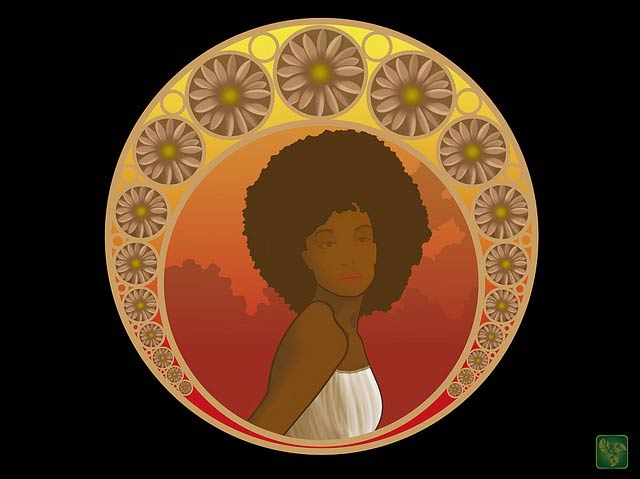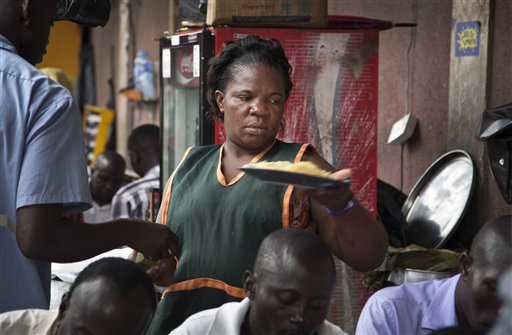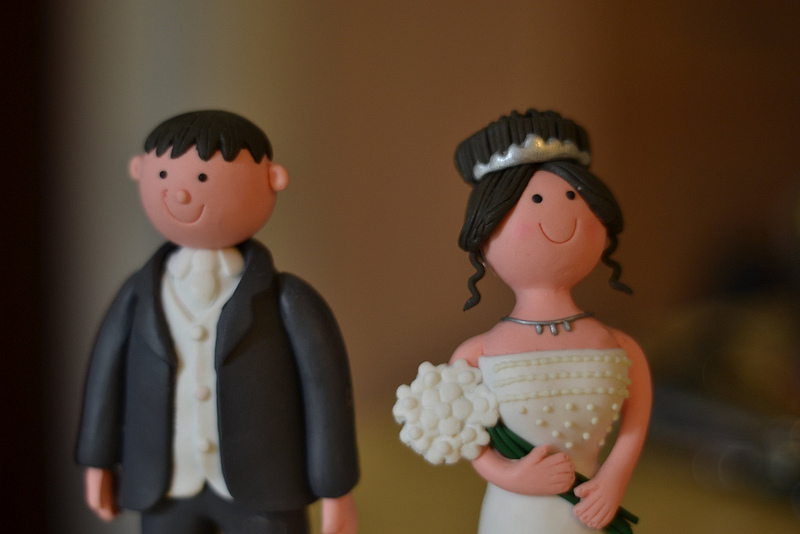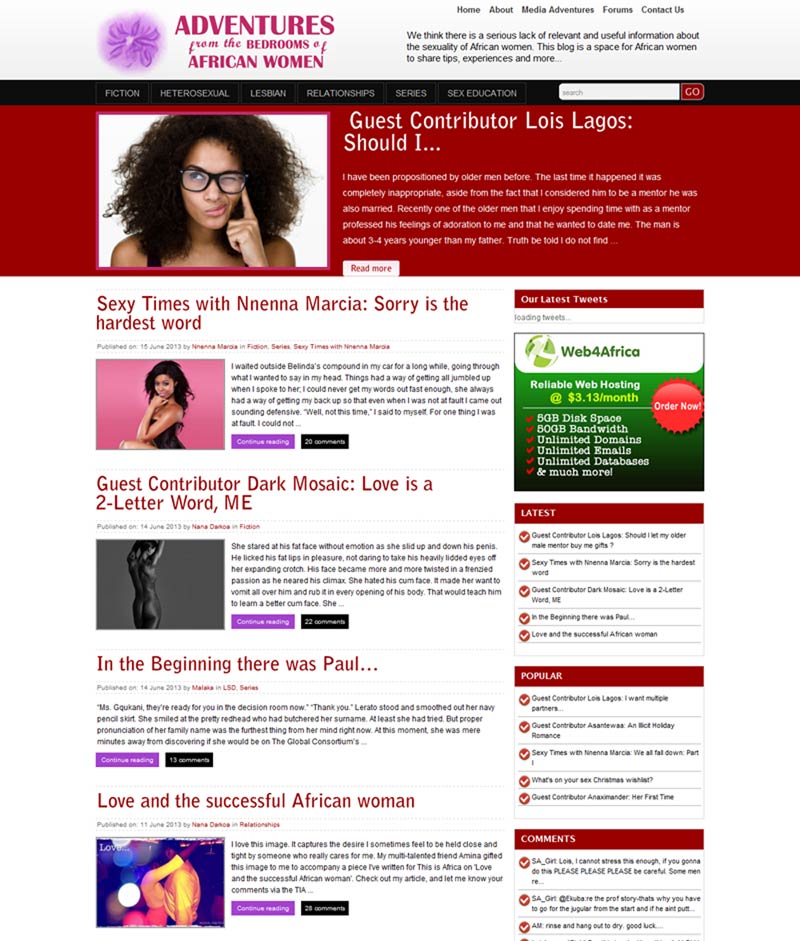
If there is one thing that I love to do it’s organise things. There is something wonderfully joyous about clothes that are sorted according to their colours, shoes organised by heel height and e-mails that are slotted into descriptive categories and archived. It’s systematic. It’s blissful! It’s neat, and to me neat means manageable. I love neat like I love Tupperware, shelves and label makers. The problem with this ritualistic tidiness is that it doesn’t translate so well in the real world. People are by their very nature inconsistent and chaotic yet for some reason we often refuse to acknowledge that. Nowhere – in my experience – is there more labelling and identity policing than in the LGBT community.
If one takes a glimpse into not-so-conforming Black Woman spaces, one will find a mess of labels and rituals. There is very little freedom to manoeuver because, oftentimes, you are exiled to a box that defines your mannerisms, behaviour, speech, style and the people you like. I remember being on a date with a woman when she made a comment like “you femmes have it easy”; it stopped me dead in my tracks. At the time I didn’t quite have the language to tell her my thoughts on the subject other than to say “Uh… I don’t like labels, it’s just not something I do but I will call myself African“. In retrospect, after countless accusations about my gender identity and romantic preferences, I realise that statements like that are inherently selfish. It is selfish to tell people who and what they are based on some measure that you have chosen for yourself.
African women are complicated. How we live and love is complicated. Our politics and ideals are woven into the way we are and not because of an adherence to some ideology. There are numerous pieces written about “fat shaming” and body politics, and these are important, but other people actually live body affirmation. They carry their small breasts and muscular arms with pride and are quick to appreciate the beauty of a short round woman with a full belly and child-worn breasts. They acknowledge womanhood in its various forms and do not need words like feminism, queer-theory, discourse and praxis to do so because they live Black Womanhood. They head households, love their partners, appreciate the power of female friendships and do this all while being driven by something internal and unregulated by the outside world.
I sometimes wonder whether it is this fundamental understanding of our womanhood that creates a sense of cohesion among us. At almost all Black Women gatherings one will find that sexual orientation and gender identity aren’t the common denominators. There have been numerous times where I was in “mixed company” – in the sense that we didn’t call ourselves the same things or live the same lifestyles. There would be women snuggling their girlfriends in one corner, engaged women, man-eaters, virgins, masculine women, the odd “down for whatever” girl and decidedly fluid women all in one room politicking and relating, just because. This is something that I think we need to work hard at nurturing and maintaining. African Women’s spaces should not become exclusive clubs where people only gain access by being “radical” or well-versed in anything other than living life in this skin, at this time.
People know themselves and it’s up to them to tell us who they are. Increasingly, African Women are more open about the fluidity in their being(s) so it is important to legitimise that fluidity. Nesting people’s “selfness” under rigidly defined labels isn’t cool and seems so counter-intuitive. There are people who are not sexually attracted to other people at all. There are also people who only find masculinity or femininity attractive and only in certain bodies. If one considers how deeply attraction and gender are rooted in the individual then it’s easy to see that it is not easy at all. It is complicated and not something that should confined within hard lines. People are not objects that can be collected, measured up and sorted. Identity necessarily changes and no matter how contradictory the people you have been are, they make sense in your story.
Culture makes things difficult because there is an archetype of who “the African Woman” is. People would describe her as maternal, strong, patient, traditional, long-suffering, soulful and protective. Her life is not her own, it belongs to her family and community. Think about it for a second… we all know who she is because she is the woman that lies in the cradle of our conscience and makes us wonder why we are the way we are. Still there are problems with who she is. She is the ideal but that doesn’t make her perfect. Nearly all of us know that we are not her and many more of us do not want to be her despite the fact that her voice has taught us how to understand ourselves.
However many of us have figured out that there are numerous ways of being a woman and many more ways of living up to the ideal. Since the nature of our self-exploration(s) is very much determined by our societies, what makes us outliers will be relative. In some cases it may be a person’s gender presentation and in others it could be the fact that they have piercings, tattoos and love FKA Twigs. This state of being “not-quite-” or “not-so-” or “non-conforming” is refreshing and it’s time to acknowledge that while our parents have already given us our names, we are also quite free to rename ourselves and respect that process in others.
Tatenda Muranda is a self-identified suit in a feminist activist. She co-founded HOLAAfrica and currently sits on the advisory committee for FRIDA The Young Feminist Fund. When she is not feministing she happily works in private equity in Johannesburg, South Africa.





